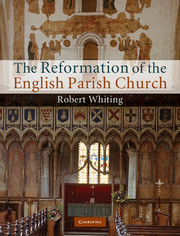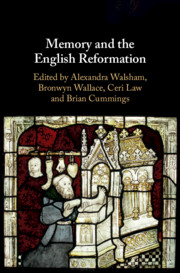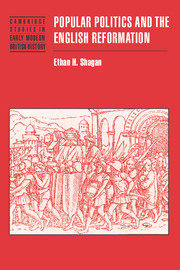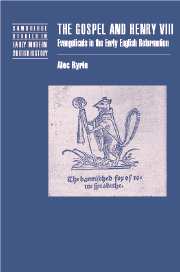Preaching during the English Reformation
This is a study of the religious culture of sixteenth-century England, centred around preaching, and is concerned with competing forms of evangelism between humanists of the Roman Catholic Church and emerging forms of Protestantism. More than any other authority, Erasmus refashioned the ideal of the preacher. Protestant reformers adopted 'preaching Christ' as their strategy to promote the doctrine of justification by faith. The apostolic traditions of the preaching chantries provided standards that evangelical reformers used to supplant the mendicant friars in England. The late medieval cult of the Holy Name of Jesus is explored: the pervasive iconography of its symbol 'IHS' became one of the attributes of moderate Protestant belief. The book also offers fresh perspectives on fifteenth- and sixteenth-century figures on every side of the doctrinal divide, including John Rotheram, John Colet, Hugh Latimer and Anne Boleyn.
- Makes a fundamental contribution to the history of the gradual 'changeover' from Catholicism to Protestantism in England
- Outlines the new roles for preachers and for lay men and women in the late fifteenth- and sixteenth-century England
- Offers new perspectives on subjects such as the 'Name of Jesus' and Anne Boleyn
Product details
November 2002Hardback
9780521453950
228 pages
229 × 152 × 17 mm
0.51kg
15 b/w illus.
Available
Table of Contents
- Introduction
- 1. For all Christian souls
- 2. Pulpit men
- 3. Flocking companies of friars
- 4. The name of Jesus
- Bibliography.










